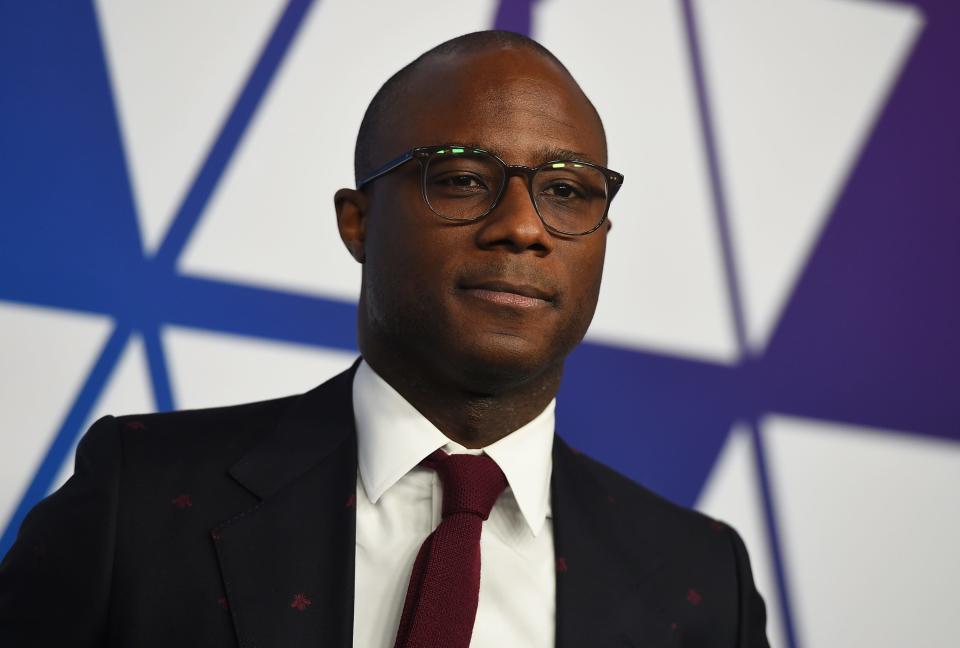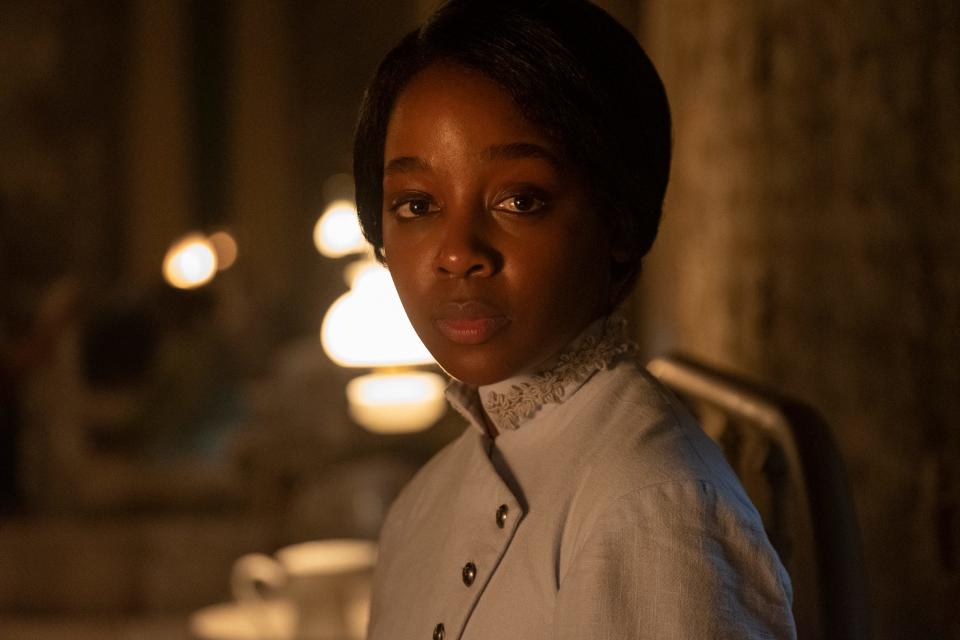Barry Jenkins on portraying slavery in 'The Underground Railroad': 'I know how fraught those images are'
Barry Jenkins knows full well the traumatizing effect of film and TV depictions of the inhumanity of slavery.
But the director of Oscar-winning 2016 film "Moonlight" found compelling reasons to adapt Colson Whitehead's Pulitzer Prize-winning novel, "The Underground Railroad," into a 10-episode Amazon series (streaming now) that conveys the resiliency of those enduring such brutality.
Jenkins, the writer, director and executive producer of "Railroad," saw an opportunity to tell a story about an institution whose repercussions are still felt, from a perspective that has often been neglected.
"As I grew as a person, it became very clear that it was necessary for me to use my voice to speak to my heritage here as a Black person in America," he says. "Yet I also know how fraught those images (of slavery) are, how fraught even acknowledging this history is, both within my community and outside it. And I've never had that before working on a piece of art. It's like this huge elephant that's just always standing behind you."
'Spectacular adaptation': Review: Barry Jenkins' 'The Underground Railroad' adaptation is overwhelming and triumphant

Jenkins was drawn to Whitehead's story, sharing the author's childhood imagining of the Underground Railroad – a figurative term for a network of people, routes and safe houses that formed an escape path from slavery in the South – as a literal below-ground transit system that carried Black people to freedom.
"As a kid, when I first heard the words Underground Railroad, I imagined something like this show, trains with conductors. It made my ancestors seem super-heroic to me, but in a very grounded way," says Jenkins.
Both the book and series follow Cora Randall (South African newcomer Thuso Mbedu), a young woman on a 19th-century Georgia plantation who witnesses a gruesome incident of racial violence against a recaptured fugitive, designed to discourage other escape attempts.
Instead, Cora, already feeling like an outcast because of abandonment by her mother, and another enslaved person, Caesar (Aaron Pierre) decide to flee.

"It's such a dangerous journey because the system was so militaristic that it took an extreme act to give them this motivation to go," says Jenkins, who hired an on-set therapist to help the cast and crew process scenes of cruelty and violence. "These things happened. It was important to start the show in a place that acknowledged the truth."
Support from Jenkins and others helped Mbedu with those scenes. So did her understanding that they were necessary to convey the story.
It was important to "know that the trauma and the pain that was being displayed wasn't for the sake of it. We weren't romanticizing it or sensationalizing it in any way," says Mbedu. "We're not doing it to rile people up and get a reaction out of them. It's just really showing the experience of this body in this moment in time."

How Cora and Caesar escape, using a literal below-ground transportation system, sets "Railroad" apart from traditional antebellum stories. It's not just how, but where, as the train takes passengers to other states with different takes on racial matters. South Carolina offers education and housing but also employs a medical regime to control and limit the Black population; North Carolina bans Black people; and Indiana is a place where many can live free.
"In actualizing the railroad, it gave the opportunity to reference eugenics (and) the Oregon exclusionary acts of the 1830s," says Jenkins, who imbues each location with a distinct personality through changes in lighting, music and wardrobe. "So I think it's speaking to a greater portrait of the Black experience in America."
Cora, who is pursued by the slave catcher Ridgeway (Joel Edgerton), transforms after experiencing the different worlds.

"In Episode 1, she is more naïve, unsure of herself, hardly ever speaks," Mbedu says. By "Episode 10, she's gone through a whole lot of life. She's more sure of herself, more grounded, more confident."
Jenkins initially connected with Cora's despondence over her mother'sabandonment, something he felt regarding an estranged relationship with his own mother until, in his mid-20s, he learned details that helped him understand her better. However, he recognized another familial bond as he made the series, finding hope in the perseverance of people facing horrific circumstances.
"You notice as you watch the show and read the book, there are children everywhere. I realized my ancestors did so much in the name of protecting these children," he says. "I think (it's) one of the greatest acts of collective parenting the world has ever seen. How could children born into slavery become senators two decades later, (or) become Oscar-winning filmmakers two generations later? And I thought, 'Oh, this is what's so beautiful.' "
This article originally appeared on USA TODAY: Barry Jenkins adapts 'The Underground Railroad' novel for Amazon

 Yahoo Finance
Yahoo Finance 